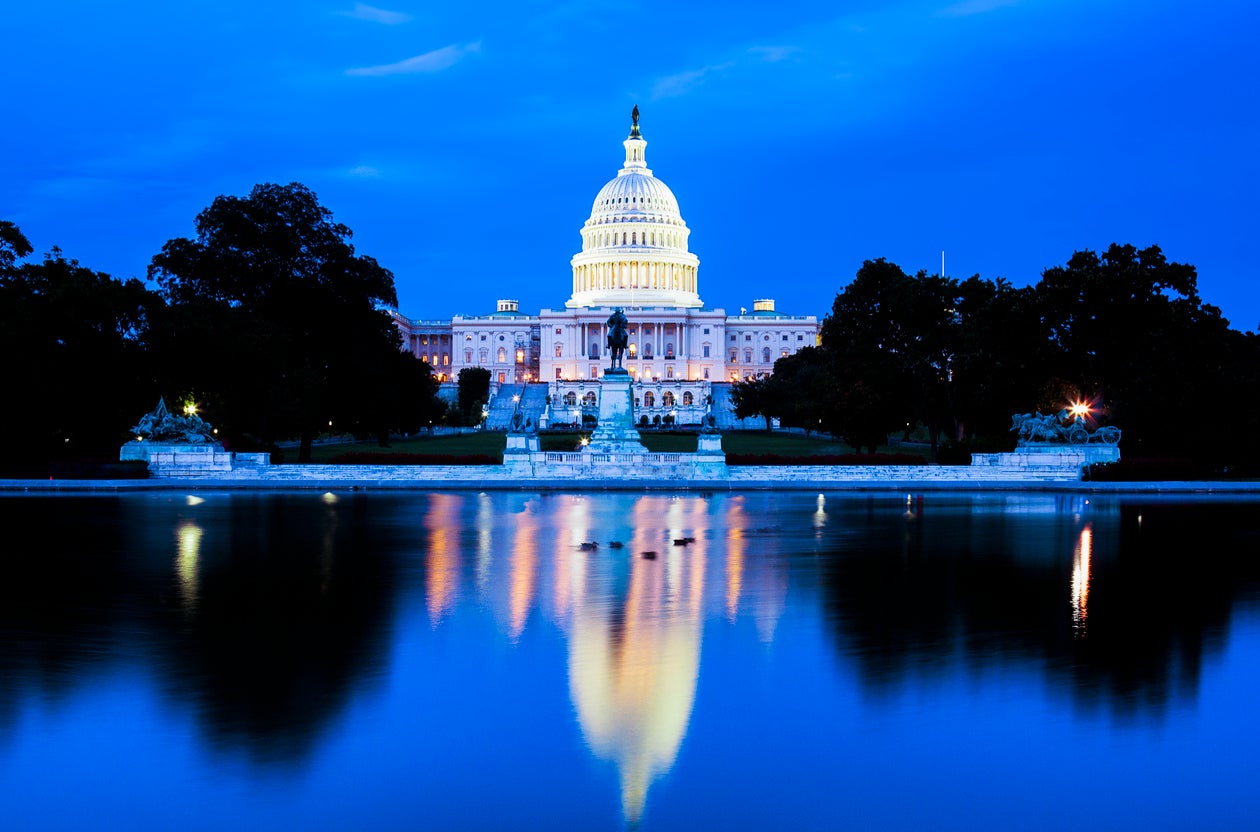CBA Comment Letter on 7(a) Direct Lending Provision

Dear Chairs Yarmuth and Velázquez, and Ranking Members Smith and Luetkemeyer:
On behalf of the Consumer Bankers Association (CBA), I am writing to share our concerns with the provision contained within the Committee on Small Business section (Title X, SEC. 100502. FUNDING FOR CREDIT ENHANCEMENT AND SMALL DOLLAR LOAN FUNDING) of the underlying Budget Reconciliation Bill, that would authorize the Small Business Administration (SBA) to issue direct 7(a) loans. CBA member banks operate in all 50 states, serve more than 150 million Americans, and collectively hold two-thirds of the country’s total depository assets. America’s leading retail banks are well capitalized and well positioned to support businesses of all sizes across all sectors of the economy, including making and maintaining a loan.
The premise of an SBA 7(a) direct lending program is misplaced and unnecessary. Before the COVID pandemic, CBA member banks were some of the most active 7(a) lenders in the country, facilitating SBA-backed loans of all sizes. SBA lending partners are in every community and facilitate billions in funds via well-established processes that utilize existing infrastructure to facilitate safe and sound lending. These lending relationships are a critical resource to funding borrowers that do not qualify for conventional loans, and help build the foundation for future non-SBA lending. This has never been truer than over the past two years. During the pandemic, CBA member banks partnered with the SBA to stand up and administer the Paycheck Protection Program (PPP) in a very short time by devoting significant resources to prioritize PPP lending and help struggling small businesses at the height of economic uncertainty. Our member banks were 13 of the top 15 PPP lenders in 2020 and led the effort to protect more than 90 million jobs. Through the PPP and the hard work of our member banks, millions of small businesses and their employees’ jobs were saved, ensuring that hardworking Americans could continue to put food on their tables.
More importantly, as recently seen with the recent Economic Injury Disaster Loan (EIDL) program during the pandemic, fraud in SBA direct lending has been widespread. According to a recent analysis by the SBA Office of Inspector General, there have been $79 billion in potentially fraudulent EIDL loans processed and advanced. Compare this to the PPP, where only $4.6 billion in potential fraud was identified, it is apparent the underwriting our member banks provide, along with regulatory requirements such as ‘know your customer’ are key in minimizing fraud.
In addition to fraud concerns, a new direct lending program established by Congress create concerns of a government-subsidized SBA direct lending program that will be in competition with private market lenders that have invested heavily over the years to be able to offer 7(a) loans. Perhaps a more constructive policy would be for Congress to consider continuing the CARES Act provisions that enhanced 7(a) lending, such as the 100% loan guarantee for loans under $150,000.
We appreciate your consideration of our views and hope Congress will reconsider this 7(a) direct lending approach. CBA remains eager to assist your efforts.
Sincerely,
Richard Hunt
President and CEO
